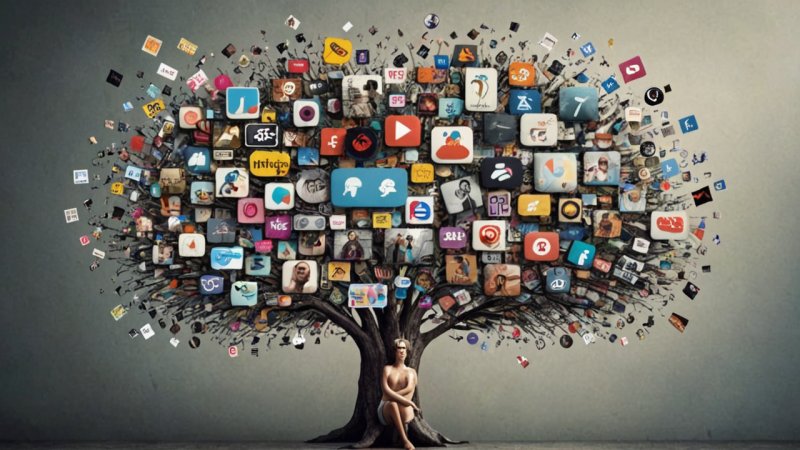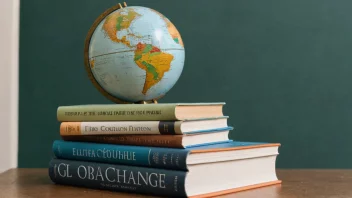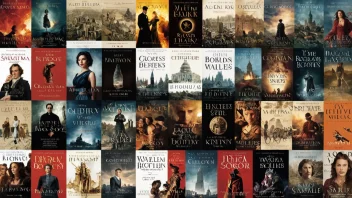Fiction has always been a lens through which we can examine the complexities of human existence, and its influence on modern culture is both profound and multifaceted. In a world inundated with information, fiction provides a necessary escape and a means to explore varied perspectives. Whether through novels, short stories, or even digital narratives, fiction reflects and shapes societal values, norms, and ideologies.
One of the most significant ways fiction influences culture is through storytelling. Stories allow readers to empathize with characters from different backgrounds, fostering a deeper understanding of diverse experiences. For instance, contemporary works like 'The Hate U Give' by Angie Thomas highlight issues of race and identity, encouraging discussions about social justice and equity. This book, along with many others, has sparked movements and conversations that ripple through society, demonstrating fiction’s power to instigate change.
Moreover, fiction often serves as a commentary on contemporary issues, acting as a mirror to society. Dystopian novels such as 'The Handmaid’s Tale' by Margaret Atwood provide chilling reflections on current political climates, forcing readers to confront uncomfortable truths. These narratives spark dialogues about governance, freedom, and the consequences of societal apathy. As readers engage with these stories, they develop a critical lens through which to view their own world, fostering a culture of awareness and activism.
Fiction also plays a crucial role in shaping cultural norms and expectations. Through popular genres like romance, fantasy, or science fiction, authors explore themes of love, bravery, and morality, often reinforcing or challenging societal norms. For instance, the rise of the 'strong female protagonist' in fiction has mirrored and influenced the growing emphasis on gender equality and female empowerment in modern culture. Books such as 'The Hunger Games' by Suzanne Collins not only entertain but also inspire young readers to question traditional gender roles and advocate for change in their own lives.
Furthermore, the accessibility of fiction has expanded with the digital age, allowing stories to reach broader audiences than ever before. Online platforms, blogs, and social media have democratized storytelling, giving rise to new voices and perspectives that were previously marginalized. This trend has enriched the literary landscape, leading to a more inclusive culture where various narratives can coexist and thrive.
Additionally, the impact of fiction extends beyond literature to other art forms, including film and television. Many contemporary movies and series are adaptations of popular novels, often bringing the themes and characters of fiction into the realm of visual storytelling. This cross-pollination of mediums elevates the narratives, making them accessible to even wider audiences and further embedding these stories into the fabric of modern culture.
In conclusion, fiction is more than just entertainment; it is a powerful tool for cultural reflection and transformation. By engaging with fictional narratives, readers are not only entertained but also invited to explore the complexities of human experience, challenge societal norms, and envision a better future. As we continue to navigate an ever-changing world, the influence of fiction on modern culture will undoubtedly remain a vital force.
Fiction’s Role in Shaping Modern Culture
Exploring how fiction shapes and reflects modern culture, influencing societal values and sparking important conversations.






